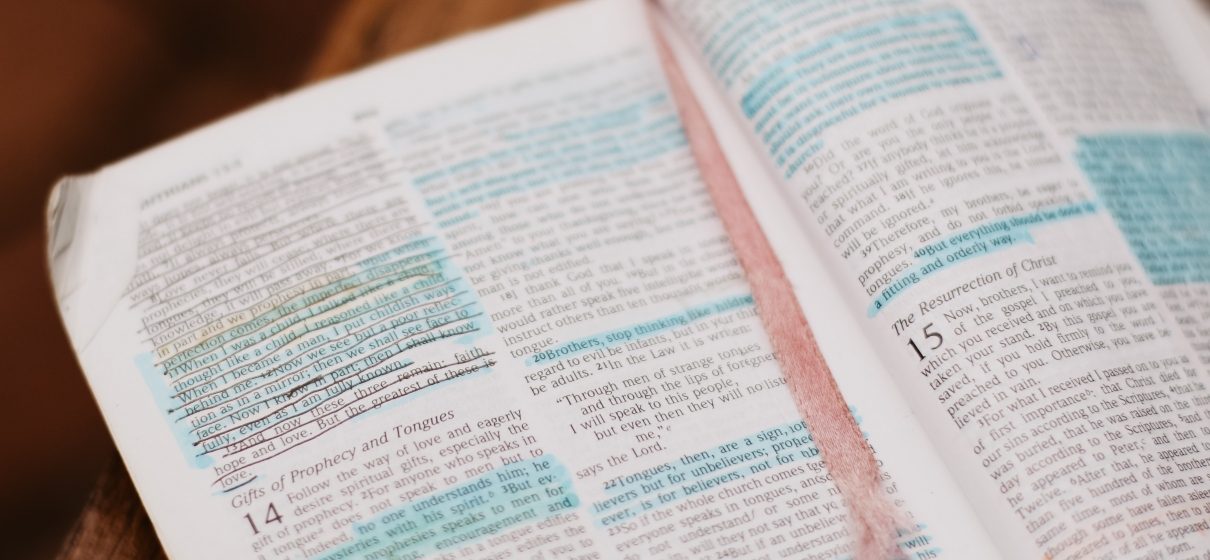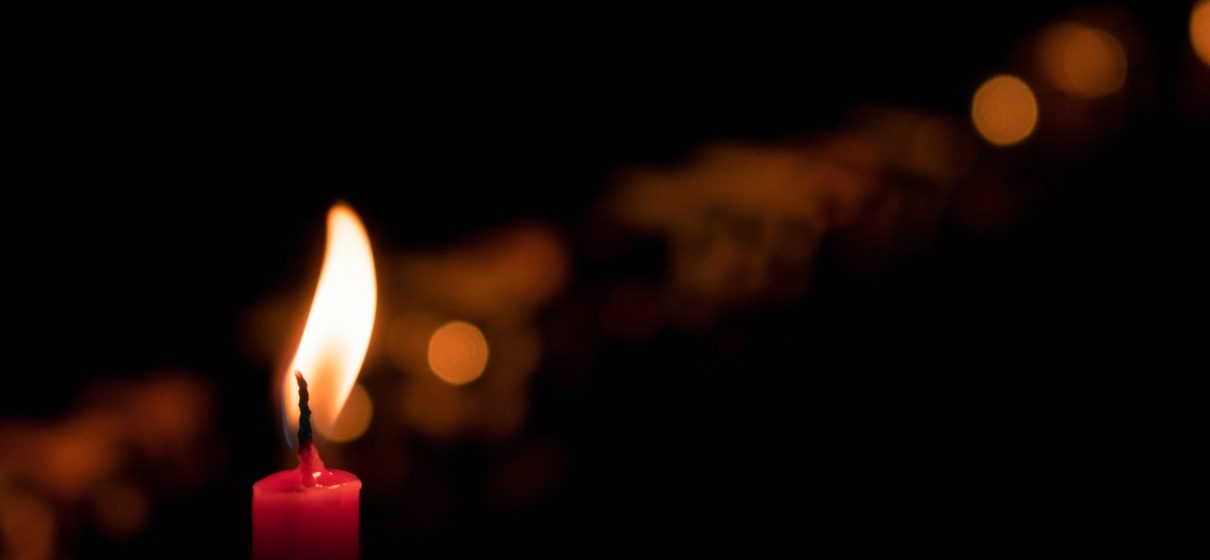If you’ve ever experienced a power outage at your house then you know one of the craziest things about losing power is the realization of how dependent we are on electricity for everything. Not the least of which is light. It’s not until the power goes out that you realize how dark the darkness is. The lights go out, and there you are standing in a dark room barely able to see in front of you until something — an iPhone flashlight, a candle, a fireplace — provides at least a small amount of light to bring vision and clarity to the darkness.
Back in March of 2020, just as the world was beginning to shut down due to the worldwide explosion of COVID-19, my wife and I received some news. Our 5-year-old son, Maverick, full of life, light, and imaginative creativity had been having some serious headaches. These headaches were hitting him up to three times per day and dampening his ability to live his life the way a kid should.
So, just to rule out any potential for something serious, we took him to get an MRI. Migraines run in my wife’s family, so we were certain he was having cluster headaches.
However, this phone call from the imaging department at Texas Children’s Hospital informed us of a massive cyst on our little boy’s brain. It was causing pressure and pain to his ventricles and it was the sources of his often debilitating headaches.
For my wife and I, the lights went out. It went dark. Our little boy would most likely need brain surgery.
I still remember getting that phone call. I dropped what I was doing and ran into my son’s room. I sprawled out face down on his bedroom floor and just began to cry out to God. There’s not much to say in those moments; just a desperate combination of “why’s?” and pleas.
How could this happen?
What would happen?
Why would God allow this?
What would God do next?
The next few weeks went by slowly as we anxiously awaited the course of action. Sure enough, the surgeon wanted to operate as soon as possible. We were terrified. Anxiety, fear, depression, and every other emotion of that kind flooded through us like a rising tide. Our two younger girls both had majorly concerning health issues either in the womb or in the first few days of their lives, but Maverick was supposed to be our healthy kid. He was our easy kid, and he was the light of our lives.
We honestly didn’t know what to do, and we were paralyzed with the fear of what the future might hold.
We begged God for grace.
We confessed our fear to him, acknowledged our doubts, and cried out for his protection over our little boy.
Just when it seemed darkest, a prayer, an encouraging word, or a meal from a friend would shine a light in the darkness. Over the next few weeks our lives were flooded with the light of these gifts from our family and friends reaching out to us.
The blackout was being illuminated.
Don’t get me wrong, it was still dark. Our power had gone out of us. But we could see a few steps in front of us, we could see each other’s faces, and even though there was an isolating, global pandemic raging across our planet, we could see the faces of our family and friends through their acts of extreme sacrifice and generosity.
Eventually, my son underwent brain surgery and it was one of the scariest days of our lives. I don’t think anything could have prepared us for this kind of fear. It was a different kind of pain. In addition to visions and dreams of the future being stolen, it felt like we already missed him even though he was still with us. We begged God for grace.
When Maverick came home from the hospital, our front yard showcased the most elaborate “welcome home” sign display I had ever seen. There were balloons and gifts as far as the eye could see.
He had had a really hard night in the hospital, and a really confusing day, but those signs brought a smile to our little boy’s face.
For weeks people brought meals, gifts, cards, and toys to the point where Maverick began to think we had a magical door. Every time he opened it there was something else left on our front porch for him.
The darkness was lighting up.
It’s now been over a year since Maverick’s surgery. However, late in 2020 his headaches which had subsided considerably returned to almost the same degree of frequency and intensity. We feared the worst. The light started to flicker.
Would we have to go through all of this again?
We prayed. We cried. And we reached out for our flashlights. Our friends and family again covered us in prayer, brought us a meal on a hard day, and supported us through the unknown.
I think sometimes we can get angry with God for the way he answers prayer. When he doesn’t heal, when he doesn’t save, or when he doesn’t take the pain away, but my wife and I are slowly beginning to understand that these too are answers to our prayers.
Maybe the power isn’t coming back on just yet, but he’s giving us grace to see even in the darkness. He is giving us grace to see the purpose in the pain.
After the latest MRI, we discovered that Maverick’s cyst had completely decompressed, and his surgical team felt it wasn’t necessary to do any further operations at this time.
Do we have all the answers?
No.
But we have a room full of light at this point, and a faithful God we know we can trust whatever we face.










